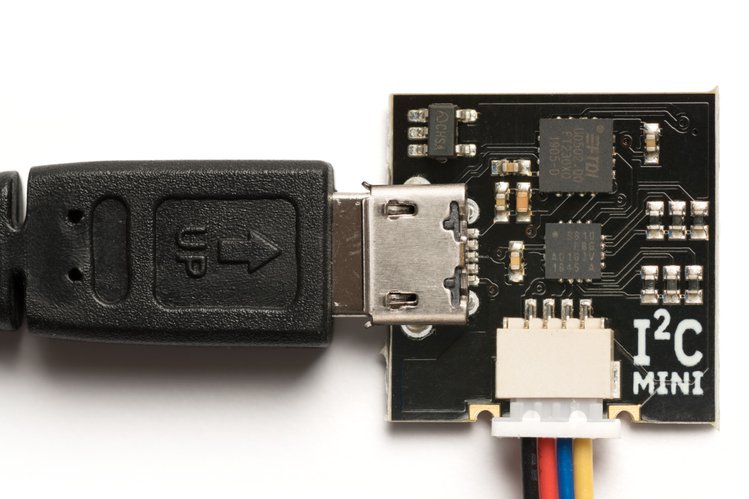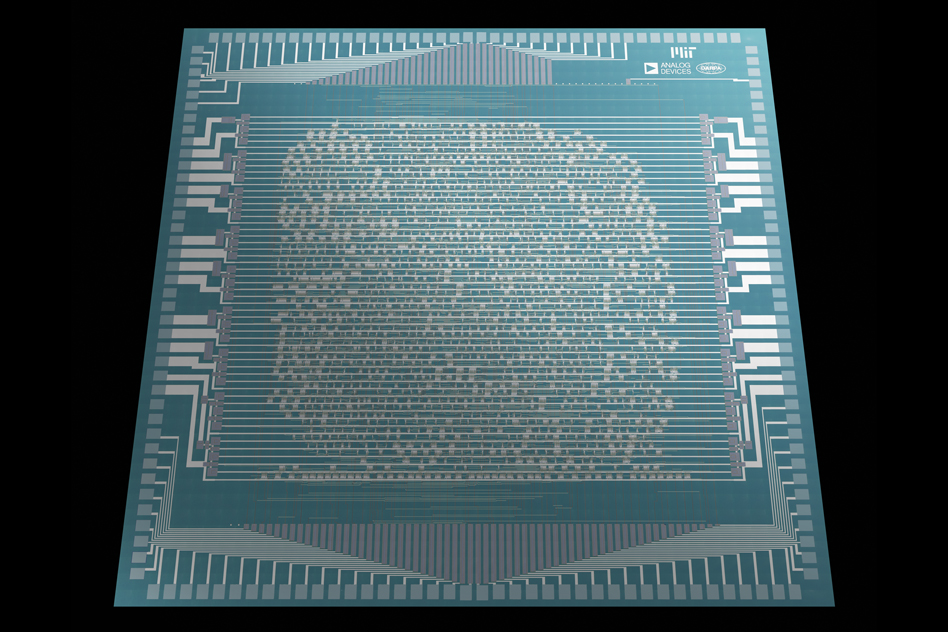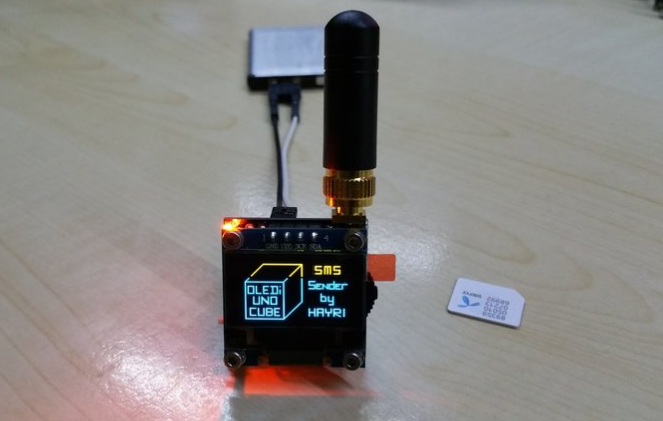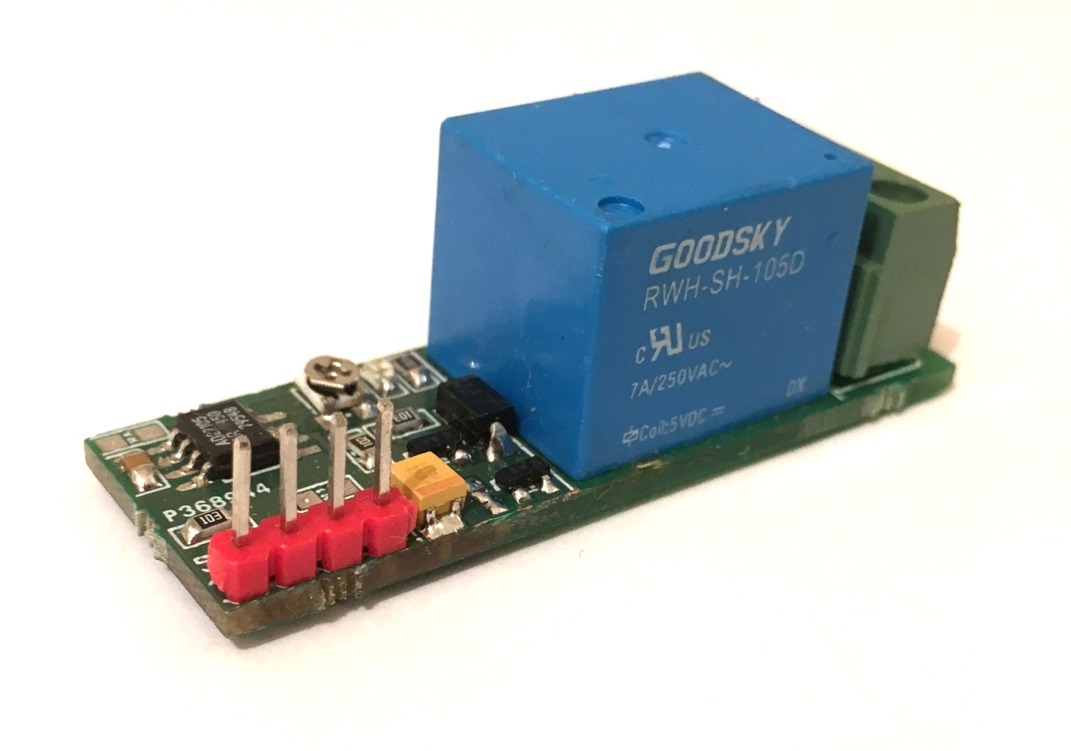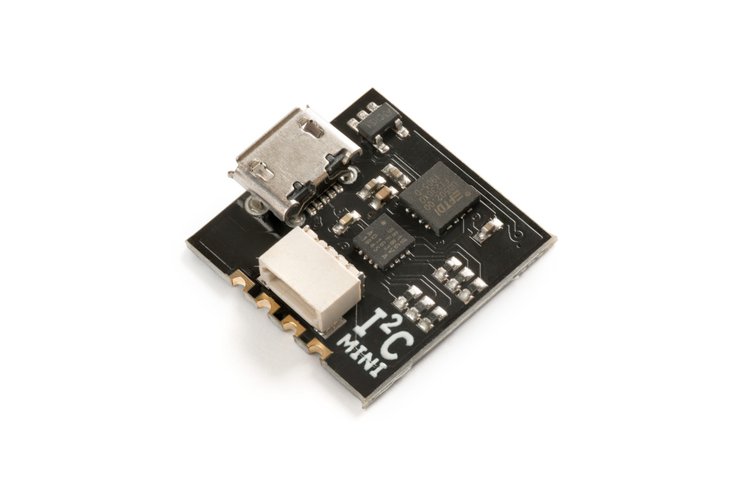
I²CMini is a USB to I²C bridge. It can drive and monitor I²C traffic and measures just 18 mm square. It has a micro USB connector, a Qwiic connector on the I²C side, and .1″ pins for a breadboard or pin header. I²CMini is 100% compatible with I²CDriver, and like I²CDriver (i2cdriver.com) it’s an easy-to-use, open source tool for controlling I²C devices. It has a GUI that works with Windows, Mac, and Linux, and it has first-class Python2/3, C/C++, and command-line tools.
I²CMini is particularly well-suited for applications like IoT and drones, cleanly separating your SBC from the I²C bus. Because it is totally compatible with I²CDriver, you can develop on the I²CDriver and deploy on the I²CMini.
Like I²CDriver, it works equally well with Windows, Mac, and Linux. It uses a standard FTDI USB serial chip to talk to the PC, so no special drivers need to be installed. The board includes a separate 3.3 V supply for your I²C sensors and peripherals.
Features
- Open hardware: the design, firmware and all tools are under BSD license
- Fast transfer: sustained I²C transfers at 400 and 100 kHz
- I²C pullups: programmable I²C pullup resistors, with automatic tuning
- Dual I²C ports: a castellated .1″ header, plus a Qwiic standard connector
- Jumpers: color coded Qwiic jumper included, for instant connection
- 3.3 V output: output levels are 3.3 V, all are 5 V tolerant
- Supports all I²C features: 7- and 10-bit I²C addressing, clock stretching, bus arbitration
- Sturdy componentry: uses an FTDI USB serial adapter, and Silicon Labs automotive-grade EFM8 controller
- Usage reporting: reports uptime, temperature, and running CRC of all traffic
- Flexible control: GUI, command-line, C/C++, and Python 2/3 host software provided for Windows, Mac, and Linux
Specifications
- Maximum power out current: 270 mA
- Device current: up to 25 mA
- Dimensions: 61 mm x 49 mm x 6 mm
- Computer interface: USB 2.0, micro USB connector
The board is live on www.crowdsupply.com and has 42 days to go.





